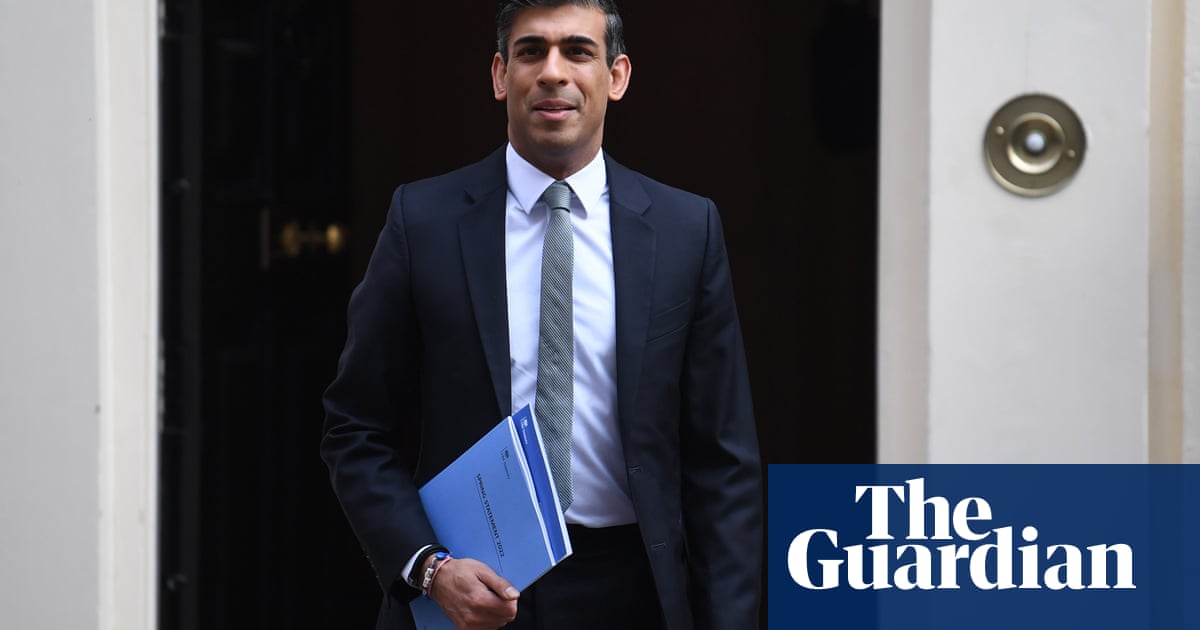
Rishi Sunak has cut fuel duty by 5p a litre, raised the threshold at which workers start paying national insurance by £3,000 a year and announced a future 1p reduction in income tax in response to the fastest rise in the cost of living in three decades.
On a day when the annual inflation rate rose to 6.2%, the chancellor said the basic rate of income tax would be cut from 20p to 19p in 2024, while his £6bn national insurance initiative would offset the impact of across-the-board price increases.
The chancellor used his spring mini budget to announce an immediate fuel duty cut for motorists and a £330-a-year national insurance cut for the average worker struggling to make ends meet. VAT on energy efficiency products was cut from 5% to zero.
Sunak said that from July the rate at which people start paying national insurance would be £12,570 – the same as the income tax personal allowance. The deferred 1p cut in income tax was fully costed, he added, and would come at a time when borrowing and inflation were low.
However, the package offered little to those relying on means-tested benefits. Paul Johnson, the director of the Institute for Fiscal Studies thinktank, said benefits were going up by just over 3% next month at a time when claimants were facing cost of living increases of about 10%.
The big omission from this statement was anything for those subsisting on means tested benefits. They will be facing cost of living increases of probably 10% but their benefits will rise by just 3.1%.
And cut compared to last year if you account for withdrawal of £20 UC uplift
— Paul Johnson (@PJTheEconomist) March 23, 2022
Sunak had been under strong pressure from some Tory MPs to scrap his planned rise in employer and employee national insurance contributions but said it was important to repair the damage to the public finances caused by the coronavirus pandemic.
Two years to the day after the announcement of the first Covid-19 lockdown, the chancellor admitted the Russian invasion of Ukraine would lead to slower than expected growth and higher inflation this year than previously forecast.
Sign up to the daily Business Today email or follow Guardian Business on Twitter at @BusinessDesk
The independent Office for Budget Responsibility said it was now pencilling in growth of 3.8% for the UK this year compared with the 6% it had been forecasting when Sunak announced his budget last October. Inflation is predicted to hit a 40-year peak of 8.7% in the final three months of 2022.
The OBR warned that even after the measures announced in the mini budget, households would still see a dramatic fall in their living standards this year.
“With inflation outpacing growth in nominal earnings and net taxes due to rise in April, real livings standards are set to fall by 2.2% in 2022-23 – their largest financial year fall on record – and not recover their pre-pandemic level until 2024-25,” it said.
Source: Guardian







